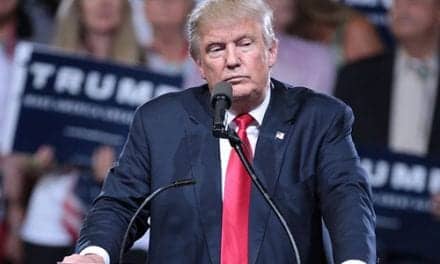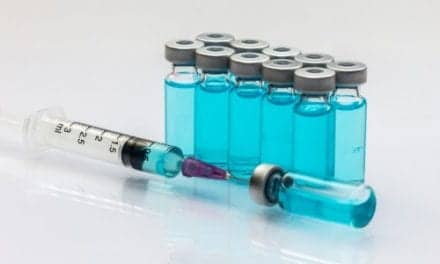To remedy flu vaccine supply problems, a new study proposes a new kind of contract between vaccine manufacturers and the retailers that purchase and dispense the shots to patients.
The annual delivery of influenza vaccine to the American public is hardly a straight shot from federal health officials to vaccine manufacturers to physicians to patients. A recurring and vexing part of the process is a supply-chain hitch that can leave patients waiting for flu shots even when the supply of the medicine is abundant.
A study from a Johns Hopkins University business professor and two colleagues offers a potential remedy by proposing a new kind of contract between vaccine manufacturers and the retailers (such as physicians’ offices and pharmacies) that purchase and dispense the shots to patients. The researchers recommend an approach that they say would engender a prompt and steady flow of vaccine from producers to dispensers, primarily through a pledge by the vaccine makers to buy back all unused doses and pay rebates for late deliveries.
Examining more than 20 years of vaccine-purchasing practices at the Johns Hopkins Hospital, Johns Hopkins Carey Business School Assistant Professor Tinglong Dai and his co-authors have written what they believe is the first paper about the commercial side of the flu vaccine supply chain. Previous research has looked at the interplay between the government and manufacturers. Dai and his colleagues ? Soo-Haeng Cho of Carnegie Mellon University and Fuqiang Zhang of Washington University in St. Louis ? say their study breaks new ground by considering the role of retailers as well.










